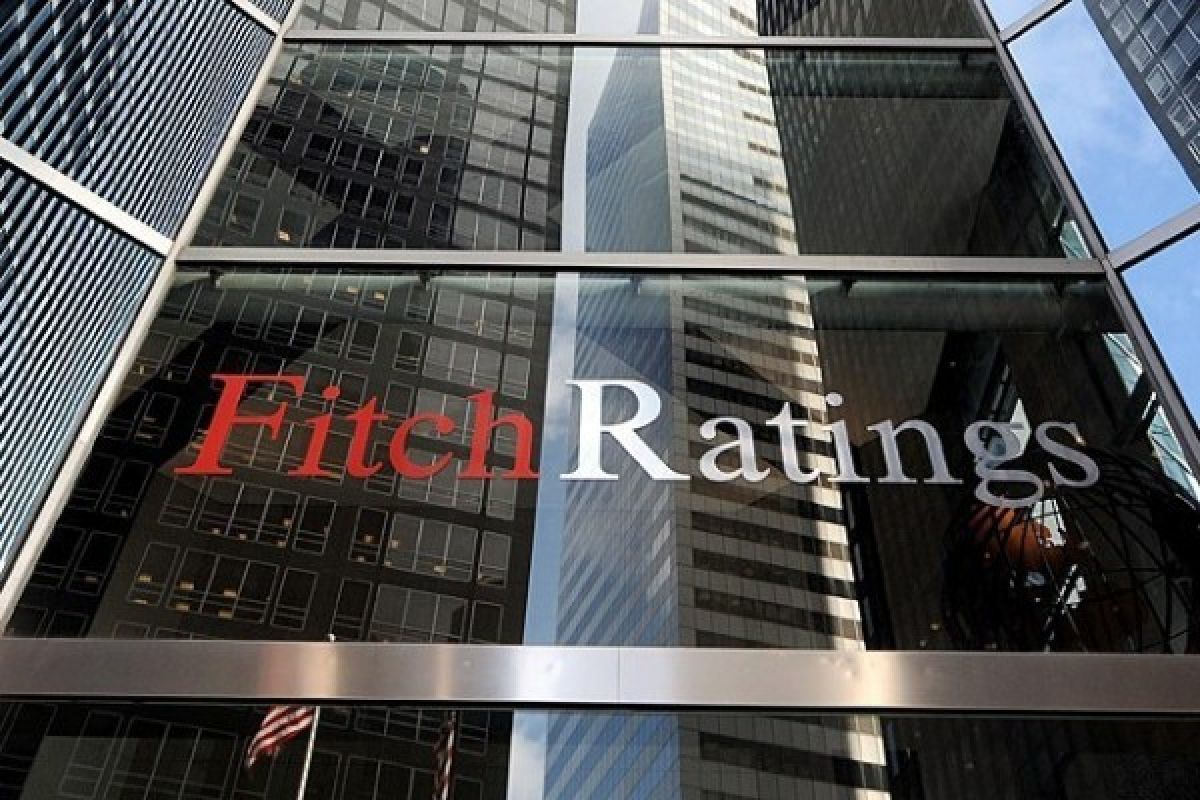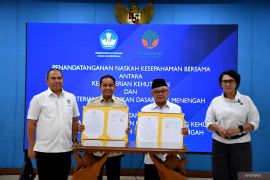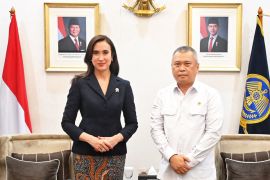“Fitch’s affirmation on Indonesia’s rating at BBB/stable outlook reflects the acknowledgement of Fitch on Indonesia’s economic resilience amidst ongoing global economic dynamics, supported by strong synergy of policy mix between Bank Indonesia and the Government,” Bank Indonesia Governor Perry Warjiyo noted in response to the statement.
Going forward, Bank Indonesia will continue to monitor domestic and global economic developments in using its room to implement an accommodative policy mix and strengthen coordination with the government to boost Indonesia’s economic growth momentum, Executive Director of the BI Communication Department Onny Widjanarko noted in a statement in Jakarta, Monday.
According to Fitch, key factors that support the affirmation are a favorable medium-term growth outlook and a small government debt burden compared with the “BBB” category peers. On the other hand, Fitch underscores challenges faced include a strong dependence on external financing, low government revenue, and lagging structural indicators, including governance indicators and gross domestic product (GDP) per capita.
Fitch expects Indonesia’s GDP growth to likely remain resilient in the next few years, underpinned by a renewed public infrastructure push and reform agenda during the second five-year term of President Joko Widodo.
The government’s efforts, focused on structural reforms, can potentially boost economic growth and foreign direct investment over the medium term, depending on details and implementation.
The Parliament is scheduled to discuss two “Omnibus Laws” in the subsequent few months that are likely to contain several long-awaited amendments to regulations linked to taxation and the business environment.
From the fiscal side, the Indonesian government debt is low at a Fitch-estimated 30.1 percent of the GDP in 2019. Fitch expects the debt/GDP ratio to rise only marginally in the next few years, assuming the government continues to adhere to a self-imposed deficit ceiling of three percent of the GDP.
Inflationary pressures are likely to remain muted in the current growth environment. Inflation has been under control in recent years, staying within Bank Indonesia’s (BI’s) target range of 3.5 percent, give or take one percent.
On the external front, favorable market conditions have facilitated a further build-up of foreign-currency reserves to US$129 billion in December 2019.
Fitch expects the current account deficit to remain at 2.7 percent of the GDP in 2019 and 2020 and to slightly plunge to 2.6 percent in 2021, with net FDI inflows covering over half of the gap, leaving the remainder to be financed by portfolio inflows.
Strong structural reform implementation and foreign companies’ perception of an improved level-playing field can help expedite FDI inflows and strengthen Indonesia’s external finances.
Fitch considers the sovereign’s exposure to banking-sector risks as limited. Private credit represents only 36 percent of the GDP, and the banking sector’s capital adequacy ratio remains strong, at 23.7 percent in November 2019.
Foreign-currency loan exposure for Indonesia’s banks is equivalent to some 15 percent of the total loans, although foreign-currency assets and liabilities are generally well-matched or hedged, and some liabilities relate to funding from banks’ foreign parents.
Related news: R&I affirms Indonesia's sovereign credit rating is stable
Related news: JCR's revised outlook of Indonesia indicates solid economic growth: BI
Related news: BI's policy remains accommodative to boost economic growth: Governor
Reporter: Azis Kurmala
Editor: Sri Haryati
Copyright © ANTARA 2020












